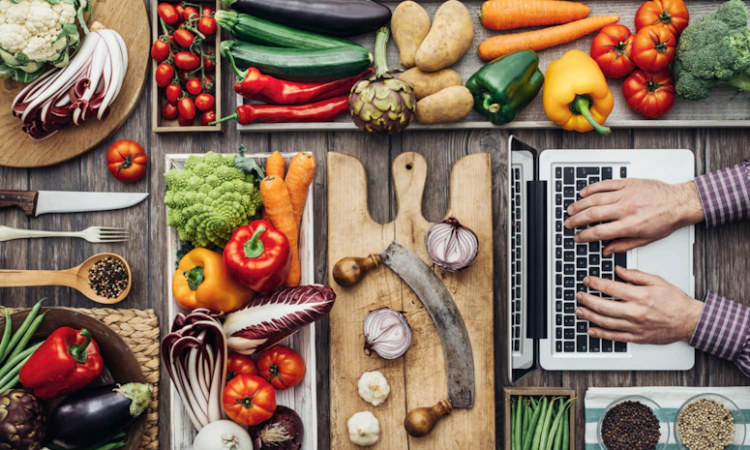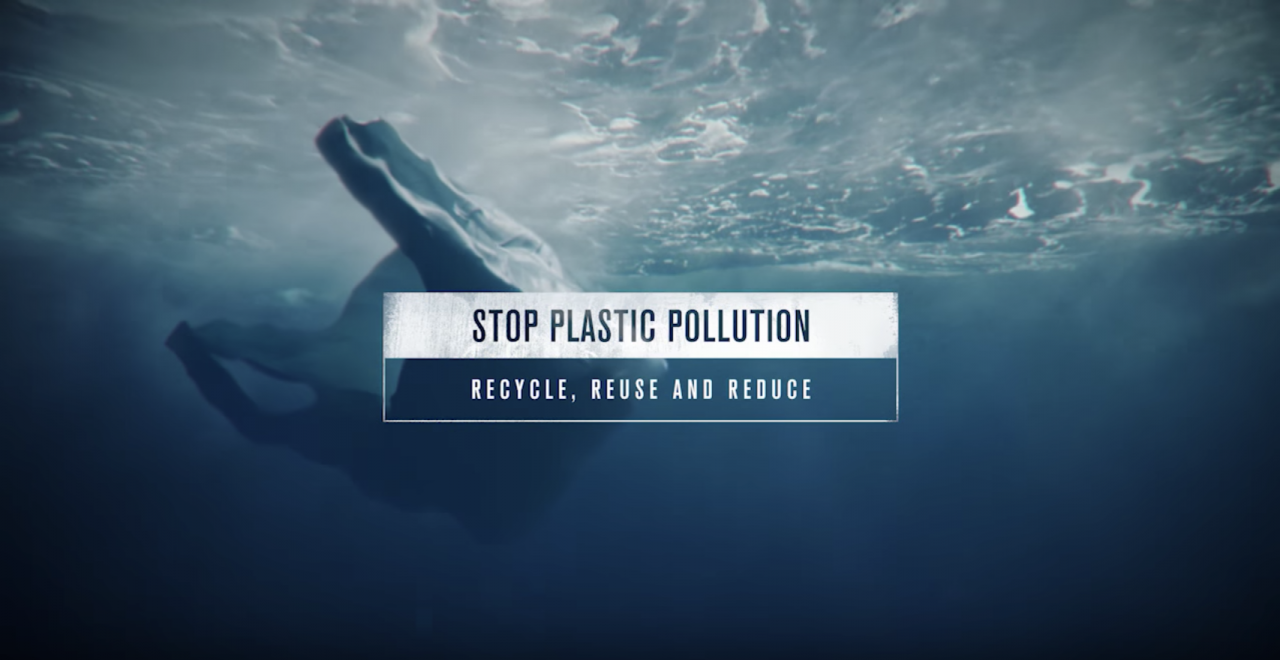Most of the waste in our homes in Pennsylvania comes from the kitchen. Food waste is a major contributor. However, also think about all the plastic bags, water bottles and other items you throw away in your kitchen every day.
Once you realize this, the amount of waste accumulates quickly! So how can you combat this waste and reduce your impact on the environment? Well, adopting a zero waste kitchen is a good place to start. The goal here is to reduce waste by using reusable and durable kitchen items. The concept of a zero-waste kitchen may seem intimidating and unachievable, but there are many steps you can take to get closer to your goal.
Swap paper towels for reusable cloths
Paper towels and tissues seem convenient, but they create a lot of waste. Their single-use status makes them another kitchen item that accumulates in trash cans. As a result, they are not only a waste of environmental resources, but also of money. So, you may want to consider switching to fabric versions instead.
Besides, we all have a pile of old clothes lying around in our closets. For a more environmentally friendly approach, you can cut them up to make kitchen towels. This will save you money and further reduce the amount of waste you create. Ideally, invest in sets of cloth napkins or reusable cloths to clean up spills in the kitchen. If you are looking for other sustainable alternatives, follow the guide to a zero waste kitchen.
Swap plastic containers for metal or glass options
Plastic containers, including water bottles, pollute the environment. They are also full of toxins that can harm your health. Switch to metal or glass containers. They are more cost-effective because they last for years and are infinitely recyclable. Plus, they are significantly better for your health. Better yet, recycle what you already have. For example, you can use a glass coffee pot to store your spices or an old wine bottle to store your oil.
Invest in durable kitchenware
Many cookware with a toxic nonstick coating (often plastic) begins to flake with repeated use and gets into your food. This means they have a much shorter shelf life. In contrast, cast iron and stainless steel cookware lasts a long time and is infinitely safer for you.
Swap: plastic film for recyclable packaging
In addition to plastic containers, plastic wrap is a staple for storing leftovers in most people’s kitchens. This also includes single-use plastic bags (think about how many you probably use to pack your lunches each day). Just like plastic containers, they’re convenient, but these packages contain chemicals that can actually leach into your food, making it bad for you and the environment. Instead, replace these single-use plastic packaging with recyclable packaging. There are many reusable options made from natural materials like beeswax and organic oils that keep your food fresh. And when you’re ready to throw it away, you can compost it instead!
Use a reusable shopping bag
One of the biggest problems in the kitchen is the humble single-use plastic. The easiest way to remedy this is to carry your own reusable bags. These are useful at shopping time. You can therefore refuse the plastic bags that stores and supermarkets usually offer.



